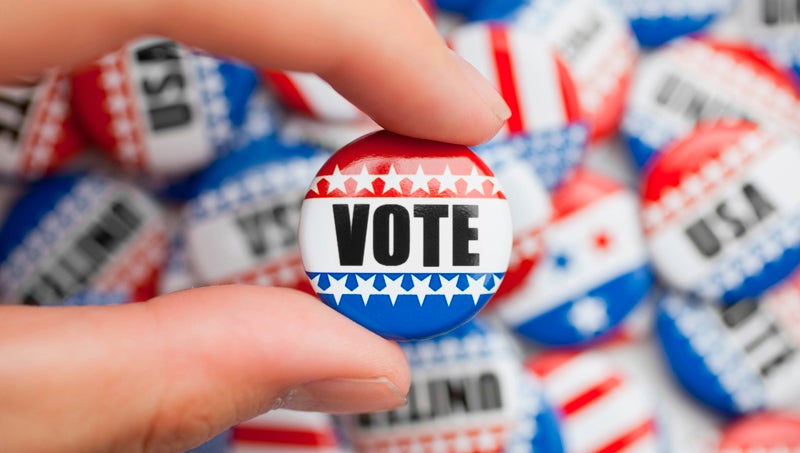We can do better than 22%
Published 7:17 pm Tuesday, October 15, 2019
It’s election season in Beaufort County again, and locally and statewide, candidates are vying for spots on their local municipal boards. One-Stop voting kicks off today, and if you live in a local town, consider heading over to the Beaufort County Board of Elections any weekday between now and Nov. 1. Alternatively, visit your local precinct on Nov. 5.
It’s no secret that voter turnout isn’t the best during municipal elections, and frankly, the track record for municipal voting in Beaufort County isn’t so great.
In 2015, 22.63% of registered voters living in the municipal limits showed up at the polls (2,175 of 9,611 registered voters). In 2017, the percentage was only marginally larger — 22.68% (2,229 of 9,828 registered voters). Sure, a .05% increase is better than nothing, but in the grand scheme of things, those turnout numbers are pretty sad.
Think of it — 78% of local voters are essentially saying they’re fine with 22% choosing who will run their city for the next two-to-four years.
Let’s look at it on a larger scale. In 2018, about half of North Carolinians, 52.98%, turned out to vote. This was during an election year when voters were choosing state and federal representatives, and yet just over half of voters showed up. Almost half of North Carolinians decided they didn’t want a voice in the state and federal process.
Who can say why this is? Ignorance? Apathy? Given the amount of power we place in the hands of these people, one would think we would care more. If you don’t think it matters, give some thought to the services you receive and the tax bill you pay every year.
In the early 1800s, French political philosopher Alexis de Tocqueville toured the United States, reflecting on its system of government. One of the things he wrote about was the so-called “Tyranny of the Majority.” This meaning that the simple majority could bully and oppress the minority through sheer force of numbers.
Oddly enough, we have the opposite problem, especially when it comes to local elections. Because of the apathy and lack of participation, we now have a tyranny of the minority, where a small slice of the population dictates the outcome of our elections. It doesn’t look like we’ll have to worry about the tyranny of the majority in local elections. The majority doesn’t vote.





